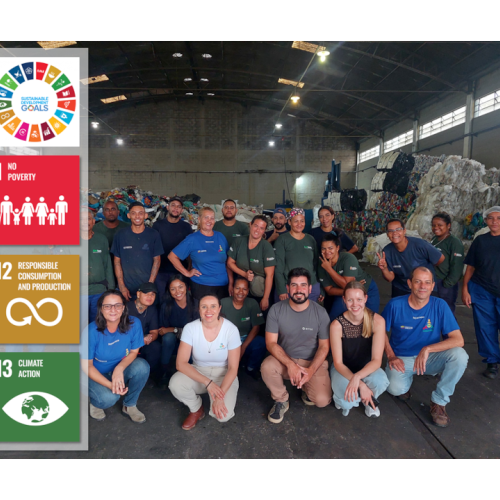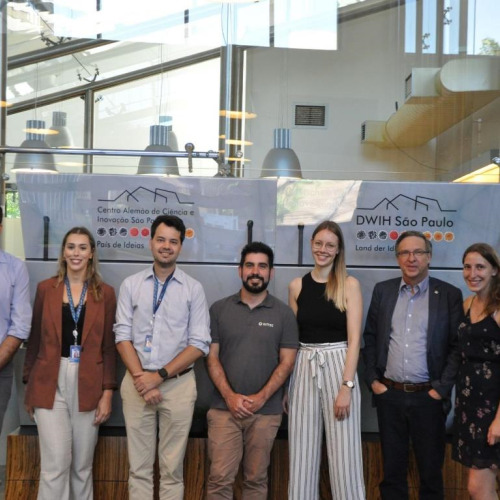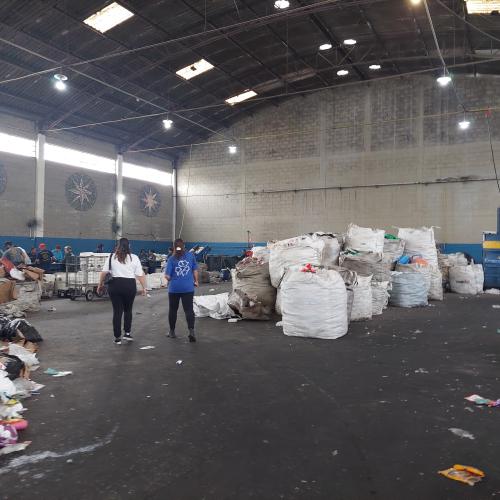revolBRAS: Second roadshow in Brazil and first project meeting in Germany
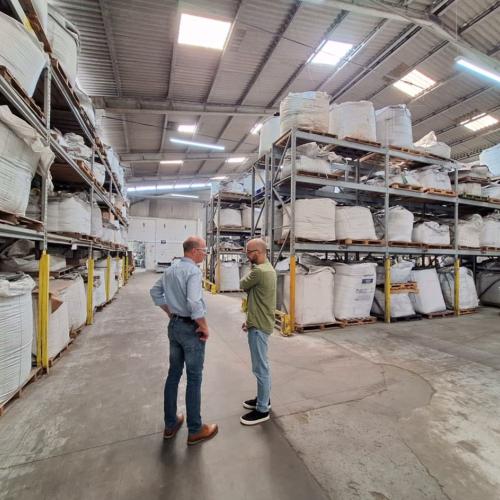
Coordinator: RITTEC 8.0 Umwelttechnik GmbH
Contact person: Oliver Krümpelmann
Address: Friedrich-Seele-Straße 3, 38122 Braunschweig
Tel.: +49 (0) 172 9388418
Email: o.kruempelmann(at)rittec.eu
Project partners in Germany
Project partners in Brazil
The CLIENT II revolBRAS project aims to realise a business ecosystem that generates new revenue potential in the waste treatment of PET packaging on the basis of innovative revolPET® technology. revolBRAS will create efficient structures for informal waste management and harness additional potential by recycling previously non-recyclable PET waste. revolPET® technology is able to recycle coloured and opaque PET packaging as well as multilayer films. The recovered monomers generate 60% less CO2 than new goods made out of crude oil, without any loss in quality, and replace them in PET production. The project team aims to adapt the revolPET® technology to infrastructural requirements in Brasil.
To a large extent, waste management in Brasil is driven by the informal sector, which exclusively collects waste fractions that guarantee revenue; formal structures also focus on valuable materials. When it comes to PET, this primarily means beverage bottles. However, PET is also used in other packaging, such as opaque packaging and trays for frozen foods. revolPET® technology can efficiently recycle this packaging, using it to produce PET monomers that replace monomers made from crude oil in PET production. Monomer sales will finance the collection and recycling of PET waste and thus strengthen waste management in Brasil.
The project team aims to adapt the existing revolPET® technology to infrastructural requirements in Brasil, developing sensors to measure PET levels in the feed stream to control the addition of reagents. The team further aims to develop and realise a process-integrated wastewater treatment system.
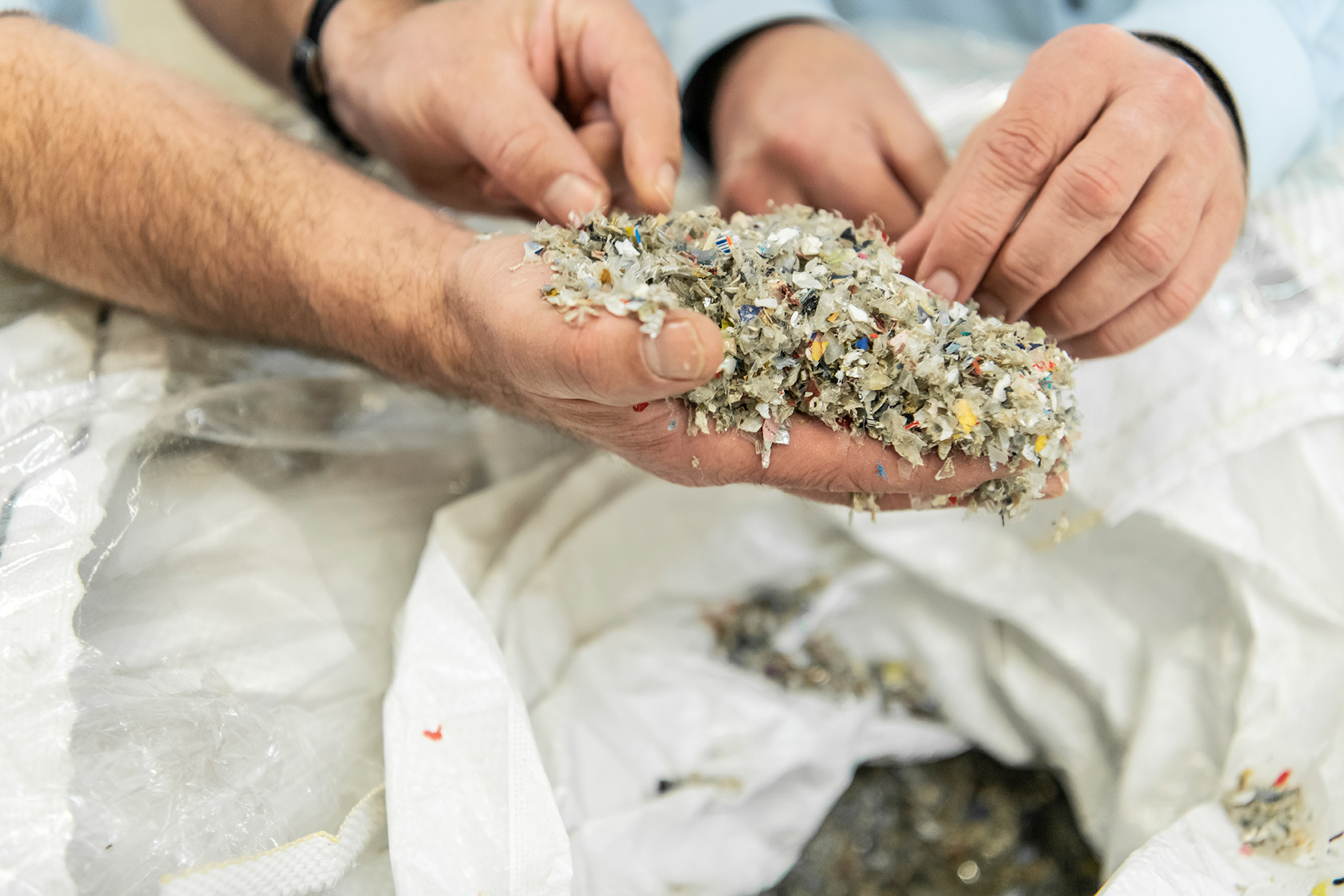
The business ecosystem will optimise processes and the economy across individual system boundaries, by collecting and preprocessing valuable waste locally. The subsequent processing will be decentralised and conducted in different regions; the high-quality monomers will then be fed into central PET production plants. The resulting value chain can be optimised both at any step and as a whole.
The technical innovation is the sensor-based addition of reagents to the revolPET® process, with the aim of measuring the PET share in the feed stream online and thus optimising the addition of reagents. The project team will furthermore develop and realise process-integrated solutions, methods to process wastewater loads resulting from the revolPET® process as well as heat-integrating concepts. The overarching goal is to further reduce CO2 emissions in monomer production.
The two developments – business ecosystem and technology – will be conducted in parallel; in addition, the team will compile a complete life cycle analysis (LCA) to analyse and assess the ecological, economic and social aspects of the technology-supported system.
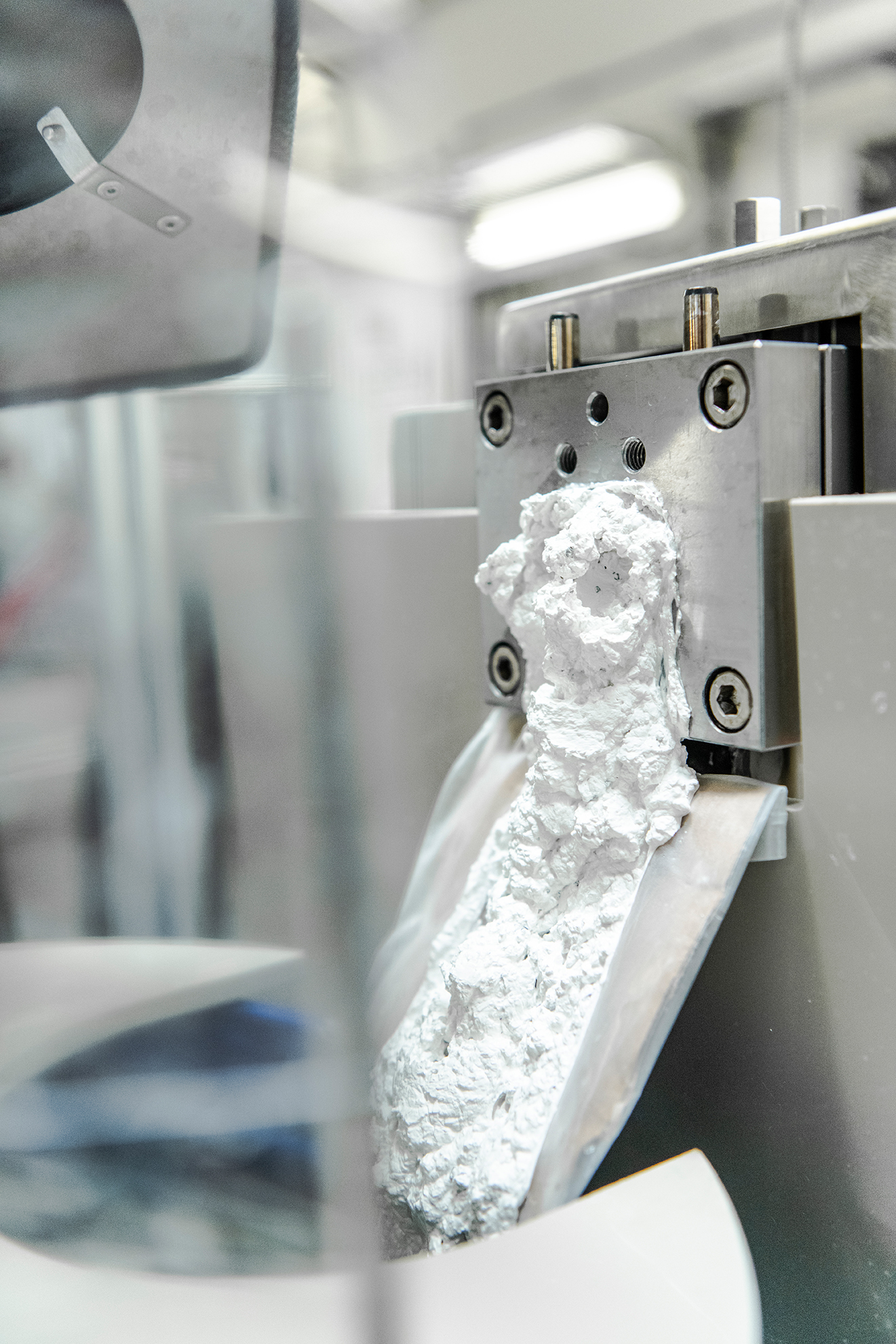
The business ecosystems will be implemented in model projects in the Brasilian federal states of Sao Paulo and Santa Catarina. One aim is for the University of Sao Paulo (USP) and Weee.do Ltda. to identify and bind further local partners – this includes cooperatives from the informal sector as well as recycling companies – to put the revolPET® technology into operation. With the support of Source One, Weee.do will coordinate the feed of materials into the ecosystem, while the USP will be responsible for conducting the life cycle assessment of the ecosystems with a focus on analysing the social effects, in cooperation with the Fraunhofer Institute for Chemical Technology and the Institute for Chemical and Thermal Technology [Institut für Chemische und Thermische Verfahrenstechnik, ICTV] at TU Braunschweig.
Leistritz is developing the sensor-based feed stream analysis, which will allow optimised control of reagents in PET depolymerisation and thus increase the efficiency of the process as a whole. The project team will embed Leistritz’s technology into the next generation of revolPET® technology, which is being developed by RITTEC Umwelttechnik and the ICTV with a focus on obtaining monoethylene glycol as well as on process-integrated process water treatment.
The business ecosystems developed over the course of the project will serve as blueprints for the development and establishment of comparable solutions in developing and emerging countries. The technological developments that contribute to the revolPET® technology will expand PET recycling methods and with them, recycling options. The project aims to increase the recycling rate of PET waste and to contribute to improving the lives of the disadvantaged. The team will use life cycle assessments to analyse the project’s societal impact.

